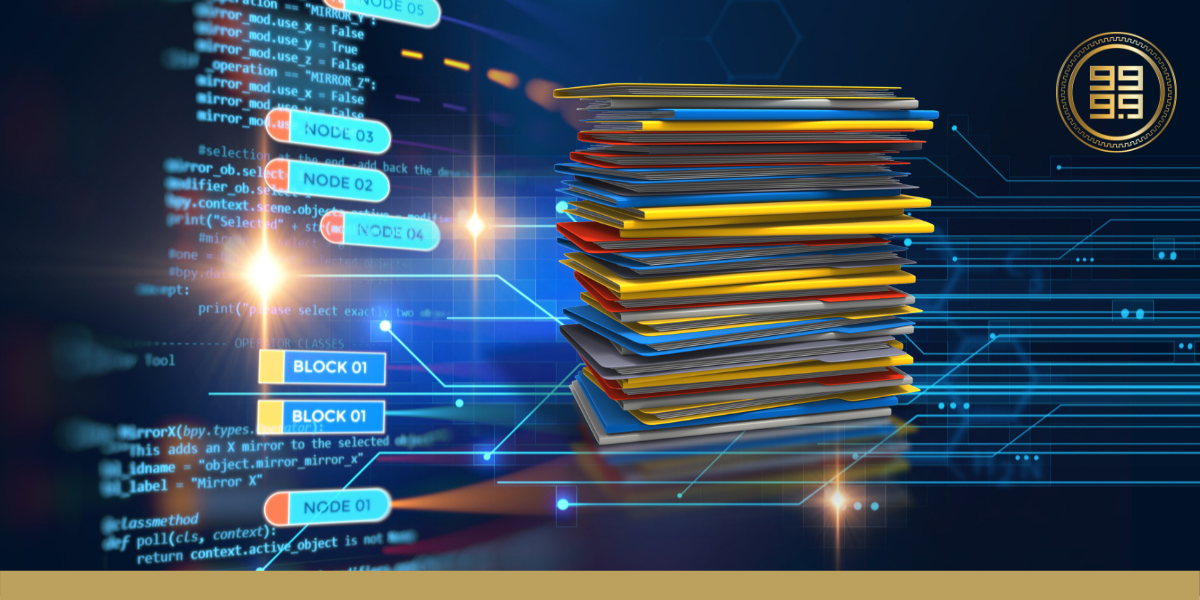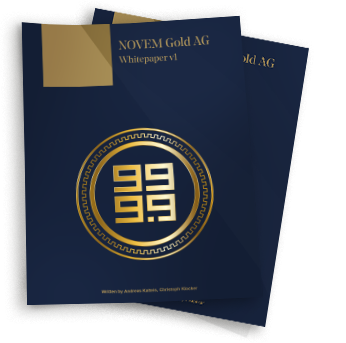
People always associate bureaucracy with something that is frustrating, time-consuming, and costly. If you’ve ever had to wait for months to resolve some personal issue, get hold of a much-needed document, or spend hours waiting in lines to sign a form, then you can relate to the problem of bureaucracy that affects us all. So, is there a way to make life easier? Can the much-talked-about technology blockchain become a real threat to bureaucracy?
Blockchain as a Word of the Future
Due to its decentralized nature and the absence of “third” parties or intermediaries, blockchain facilitates trust. Blockchain’s immutability ensures that nobody can change data once written. In addition, blockchain’s speed makes it the best solution for obtaining data efficiently in just seconds.
What makes us think that blockchain can be a threat to bureaucracy?
- A key feature of blockchain-based services is transparency through decentralization. It allows participants to see and verify data. For example, using blockchain can facilitate independent verification of governmental claims. The potential for distrust will reduce when both citizens and government agencies will be able to share access to records.
- Another potential advantage of blockchain-based services is the protection of sensitive data. Social Security numbers, addresses, birth dates, and driver’s license numbers can all be a target for attackers.
- The third possible benefit is the reduction of costs through efficiency improvements. Blockchain technology can streamline processes, reduce redundancy, bolster security, decrease audit burdens, and ensure data integrity. Also, due to blockchain speed and efficiency, payment and accounting systems will be able to provide a permanent audit trail and facilitate faster reconciliation.
Eliminating Bureaucracy: Some Blockchain Examples
Let’s take the traditional painful processes of permits and registrations. When sharing information between government systems and the private sector, insurance claims, helps desks, medical trials, and acquisition actions can all considerably improve the experience for consumers.
Blockchain-based services can replace some of these functions by recording transactions. Governments have already started experimenting with the use of software to record property ownership. From an administration perspective, it is easy, since the blockchain automatically documents it. So, it may ultimately skip the need for people to use central registers to access information.
The concept of smart contracts on blockchain may also help improve performance. These contracts automatically perform certain functions if pre-defined conditions are met. For example, businesses can set up real-time tax payments when they receive income – and automatically receive rebates where appropriate. Similarly, individuals can set up automatic self-assessment returns, thereby skipping the need to interact with HMRC officials.






